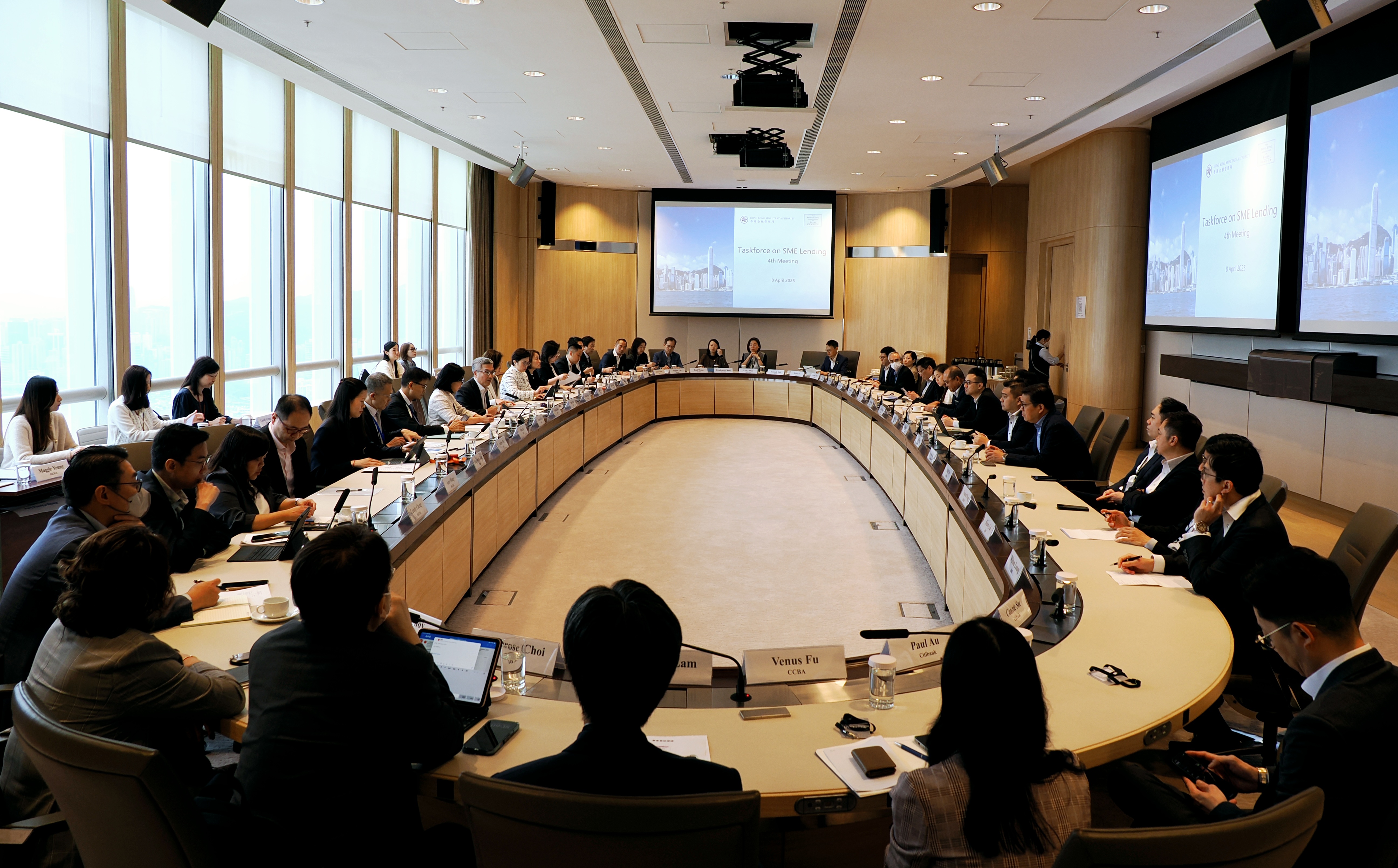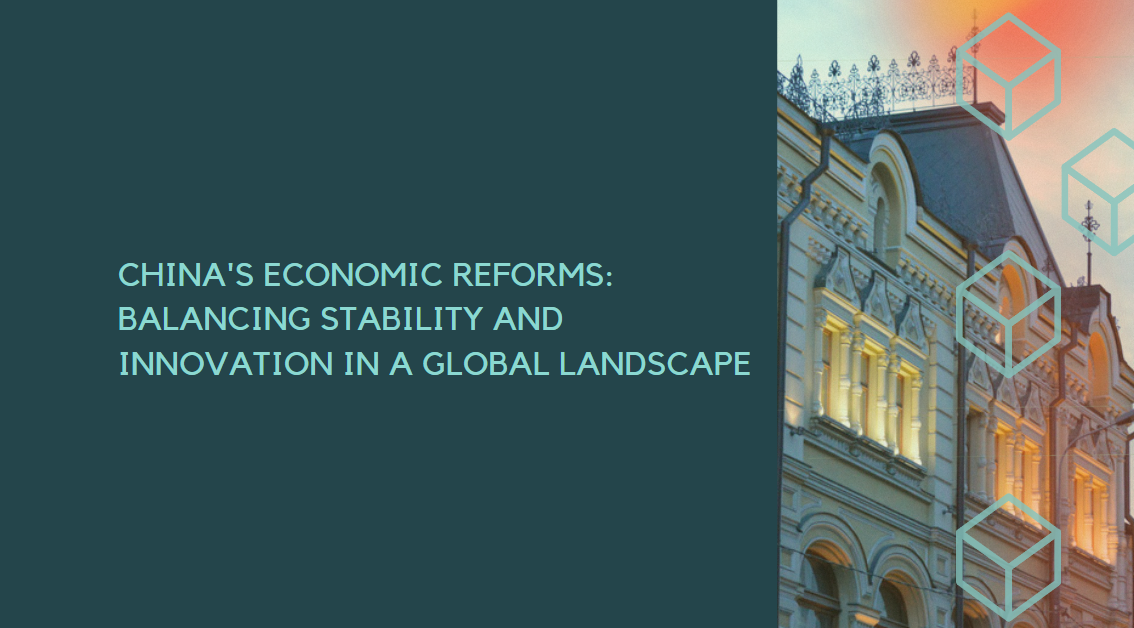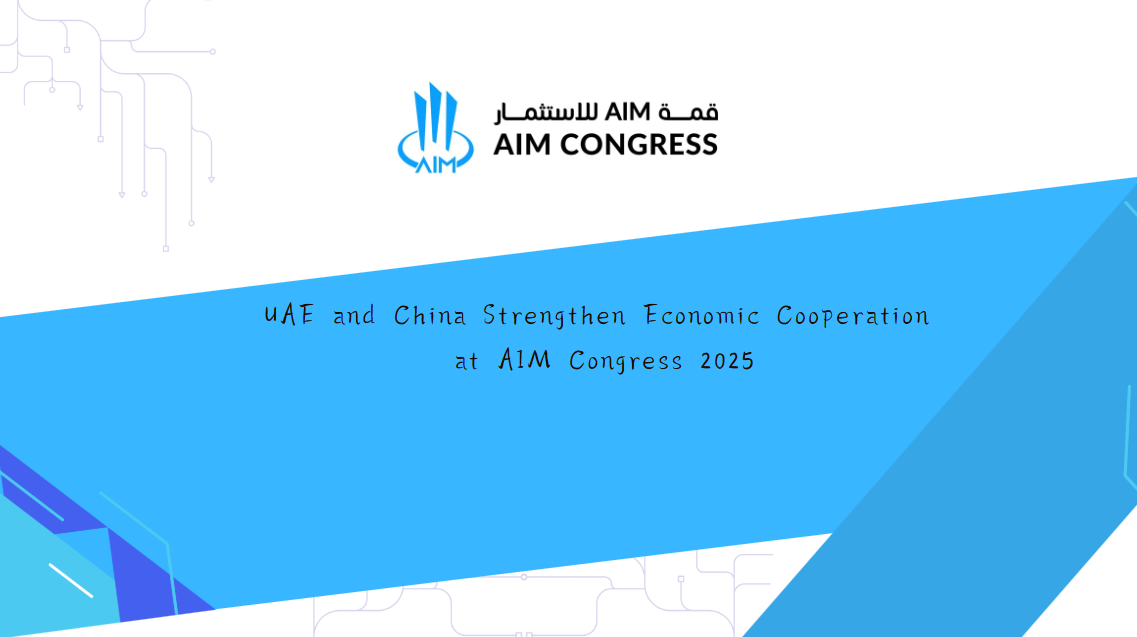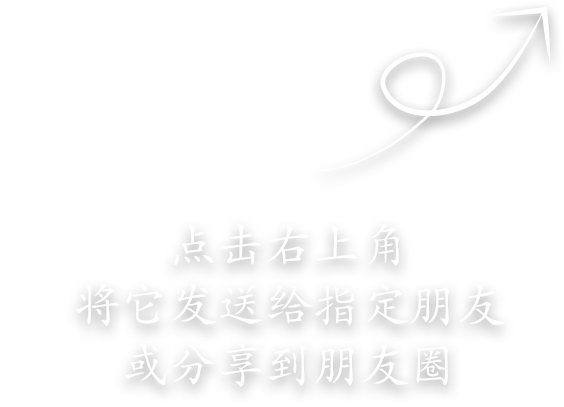HKMA and banking sector support SMEs from various industries
The Hong Kong Monetary Authority (HKMA), together with the banking sector, introduced today (8 April) sector-specific support measures to further assist more small and medium-sized enterprises (SMEs) in obtaining bank financing and in their upgrade and transformation. The measures were introduced following meetings held by the Banking Sector SME Lending Coordination Mechanism (Mechanism) and the Taskforce on SME Lending (Taskforce) today.
Since the launch of the “9+5”1 SME support measures by the HKMA and the banking sector last year, more than 39,000 SMEs have benefitted from these measures, involving an aggregate credit limit of over HK$95 billion. The total amount of dedicated funds for SMEs set aside by the participating banks in the Taskforce in their loan portfolio has increased from HK$370 billion in October 2024 to more than HK$390 billion at present.

With the establishment of the Taskforce in August 2024, the HKMA and the banking sector have been actively strengthening the work of supporting SMEs at both the individual case and the industry levels. Up until the end of March 2025, the Taskforce has received around 590 enquiries and cases from various industries through different channels, of which nearly 90% have been handled. At the industry level, the Taskforce has held more than 160 engagement events with trade associations and representatives from different industry sectors – including the retail and wholesale, import and export and manufacturing, construction, and transport sectors – to gain a deeper understanding of the operations of SMEs in various industries.
In the light of the current trade tension and uncertainties surrounding the external economic environment, and after taking into account and discussing the views of the commercial sectors in the Mechanism and Taskforce meetings, the banking sector reaffirmed its commitment to actively implement the “9+5” SME support measures previously launched. The banking sector will continue to be accommodative in offering credit reliefs, including flexible repayment arrangements and deferment of repayment period, referencing the principles under the Pre-approved Principal Payment Holiday Scheme, to assist corporates in coping with their liquidity needs. Furthermore, banks will introduce more targeted support for various industries under the overarching principle of prudent risk management:
(1) | Import and export and manufacturing sectors: The commercial sectors reflected their concerns about the current global trade frictions during the meeting. The participating banks agree to provide flexible extensions to trade facilities (e.g. 90 or 120 days), or offer alternative suitable credit arrangements (such as repaying the trade loans by instalments, providing partial principal repayment options, or even offering principal moratorium), to assist individual customers experiencing short-term cashflow pressure due to trade frictions. The Mechanism and the Taskforce will closely monitor the latest developments regarding global tariff disputes and maintain dialogue with the import and export and manufacturing sectors. |
(2) | Construction sector: The participating banks will assist corporates facing cashflow pressure, particularly subcontractors in the construction sector that may be experiencing sudden cashflow pressure due to capital chain rupture, through a collaborative mechanism. The banks will collaboratively offer flexible financial arrangements as far as practicable to alleviate customers' cashflow pressure. |
(3) | Transport sector: The participating banks will actively consider introducing financing products that are better suited to the transport sector, with a view to supporting the Government's implementation of measures to enhance taxi services. The banks will offer more flexible repayment arrangements to assist customers in coping with operational challenges, taking into account individual circumstances. The banks will also consider correspondingly extending the loan tenor to support the development of the sector2. |
(4) | Lease extension: The banking sector will strengthen the promotion of the Extension of Government Leases Ordinance (the Ordinance)3. Banks will ensure that frontline staff are familiar with land lease extension matters under the Ordinance, so that they can properly address customers’ mortgage enquiries related to land leases and offer suitable services to them. |
(5) | Northern Metropolis development: With the HKMA’s facilitation, the Hong Kong Association of Banks and the Chinese Banking Association of Hong Kong have recently engaged with the Development Bureau to gain an understanding of the latest development of the Northern Metropolis. The banking sector will explore ways to provide suitable financing support to tie in with the Government’s implementation of large-scale land disposal and other developments. |
Furthermore, the HKMA and the banking sector will support the economic development of Hong Kong in other areas, including:
The HKMA and the banking sector will maintain close communication with the commercial sectors through the Mechanism and the Taskforce and work in concert to support the business development and transformation of SMEs.
Background
The Banking Sector SME Lending Coordination Mechanism
The Banking Sector SME Lending Coordination Mechanism was established by the HKMA in October 2019. Participants include 11 banks4 that are most active in SME lending, the Hong Kong Association of Banks (HKAB) and the HKMC Insurance Limited. Since its establishment, the HKMA and the Mechanism have rolled out several rounds of relief measures for corporates, including the Pre-approved Principal Payment Holiday Scheme and the nine SME support measures launched in March 2024.
The Taskforce on SME Lending
The Taskforce on SME Lending was jointly established by the HKMA and HKAB in August 2024. Participants include representatives of the HKMA, HKAB and 18 banks5 that are active in SME lending. The Taskforce aims to further strengthen the related work for supporting SMEs at both the individual case and the industry levels. These include setting up a mechanism to handle individual cases of SMEs encountering difficulties when obtaining bank financing, working out appropriate solutions across banks and enhancing communication among the HKMA, the banking industry and the commercial sector so as to understand the financing needs of SMEs in a more timely manner.





















































First, please LoginComment After ~